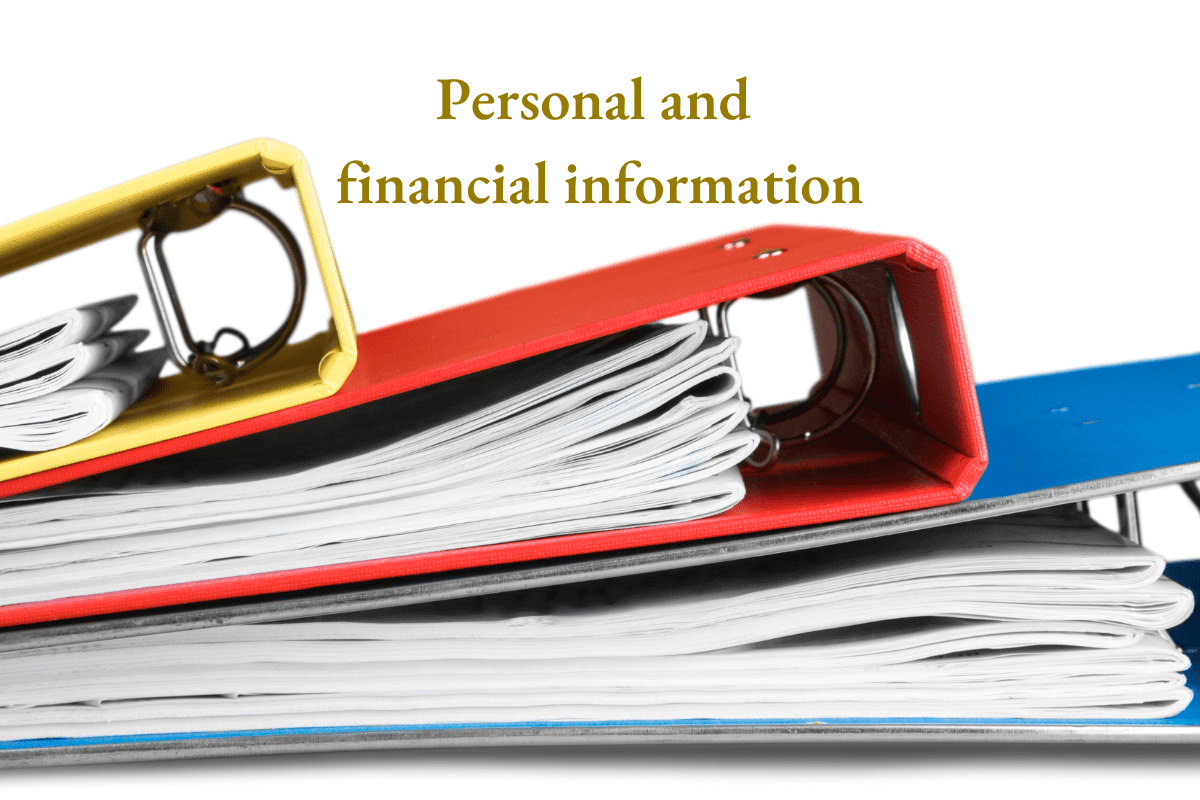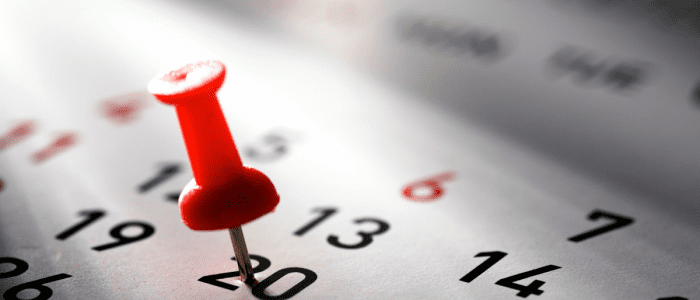I like to read articles written by my Spectrum colleagues, especially those working in France, but also those by colleagues working in other European countries as I find it interesting to read what the hot topics are in their areas and how they compare to France. I came across a very interesting one recently entitled ‘THE Folder’, written by my colleague, Gareth Horsfall, who lives and works in Italy.
The article is of universal interest and although the subject matter could be viewed as having rather depressing undertones, it includes some really useful tips on keeping our affairs in good order, not only for ourselves but, more importantly, to help those close to us who may be tasked with taking over at a time when we may not be around to/or capable of doing it ourselves. Under ‘normal’ circumstances this would be a stressful and difficult time for family but potentially far more difficult for anyone trying to deal with the affairs of someone who lives/lived in a different county, with little or no knowledge of that country’s legal or financial system and unable to speak the language.
I like to think of myself as being fairly well organised when it comes to keeping my ‘filing’ in order. I say ‘my filing’ because my husband sees finance and admin as my department (not surprising given my occupation) and he is more than happy to leave everything to me. Like many of you, I am sure, I have a drawer with lots of itemised dividers separating out all our important documents, statements, bills, birth & marriage certificates, etc so that I can lay my hands on everything very quickly, and I have a spreadsheet of our various bank accounts, investments and pension arrangements, etc so that I can keep track of everything.
For a while now, I have been mindful of the need to provide relatives with details of our affairs, especially as we live in France, which only further complicates matters for them if left to take over. However, on reading Gareth’s article, I realised that there is so much more I should do to make things as easy as possible for them if the unthinkable were to happen. So, I have made a start on putting together ‘Our Folder’ based on the very comprehensive list in Gareth’s article, which I have used below to share with you in the hope that it will be a useful guide for those of you who may need it.




